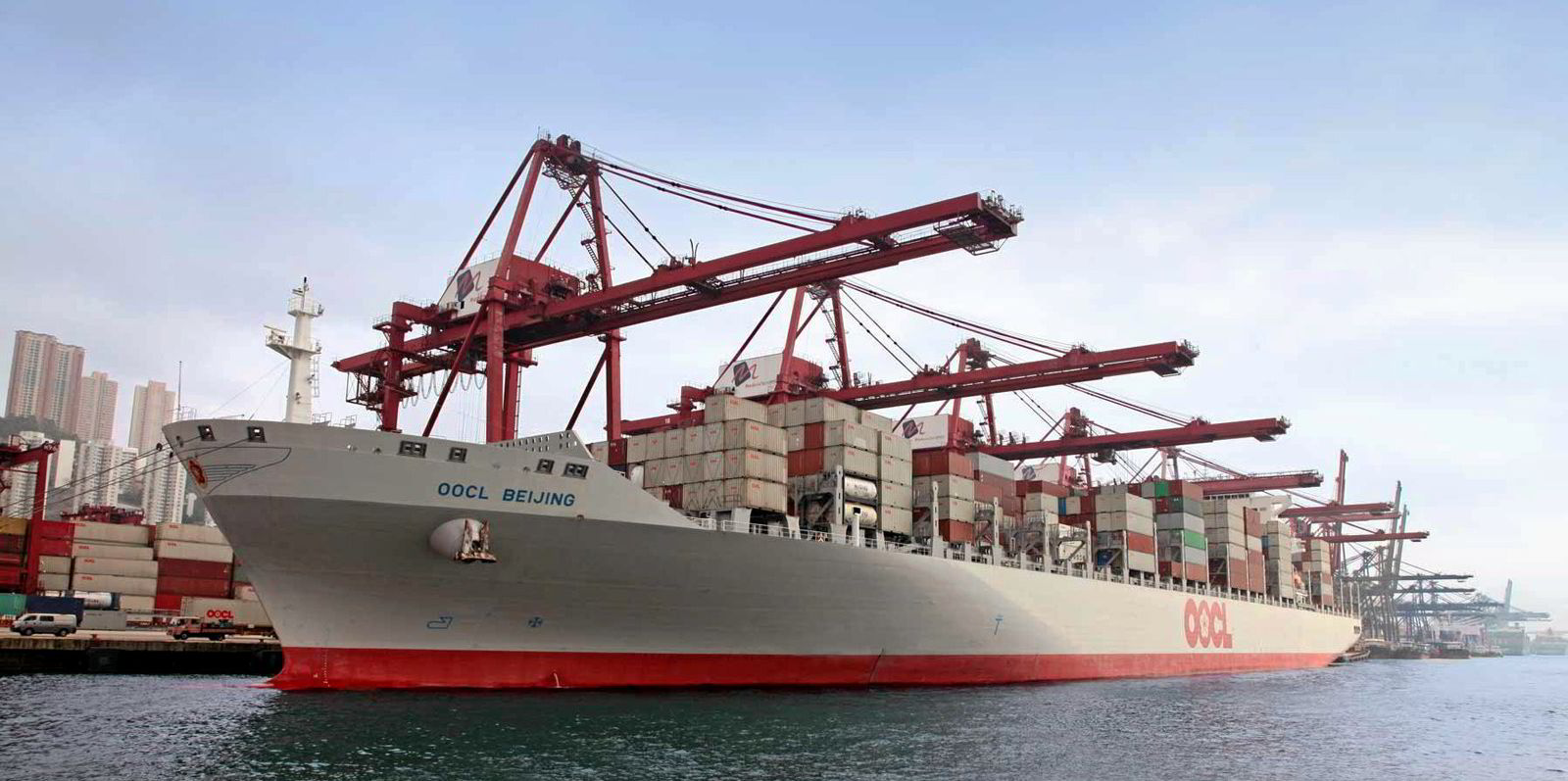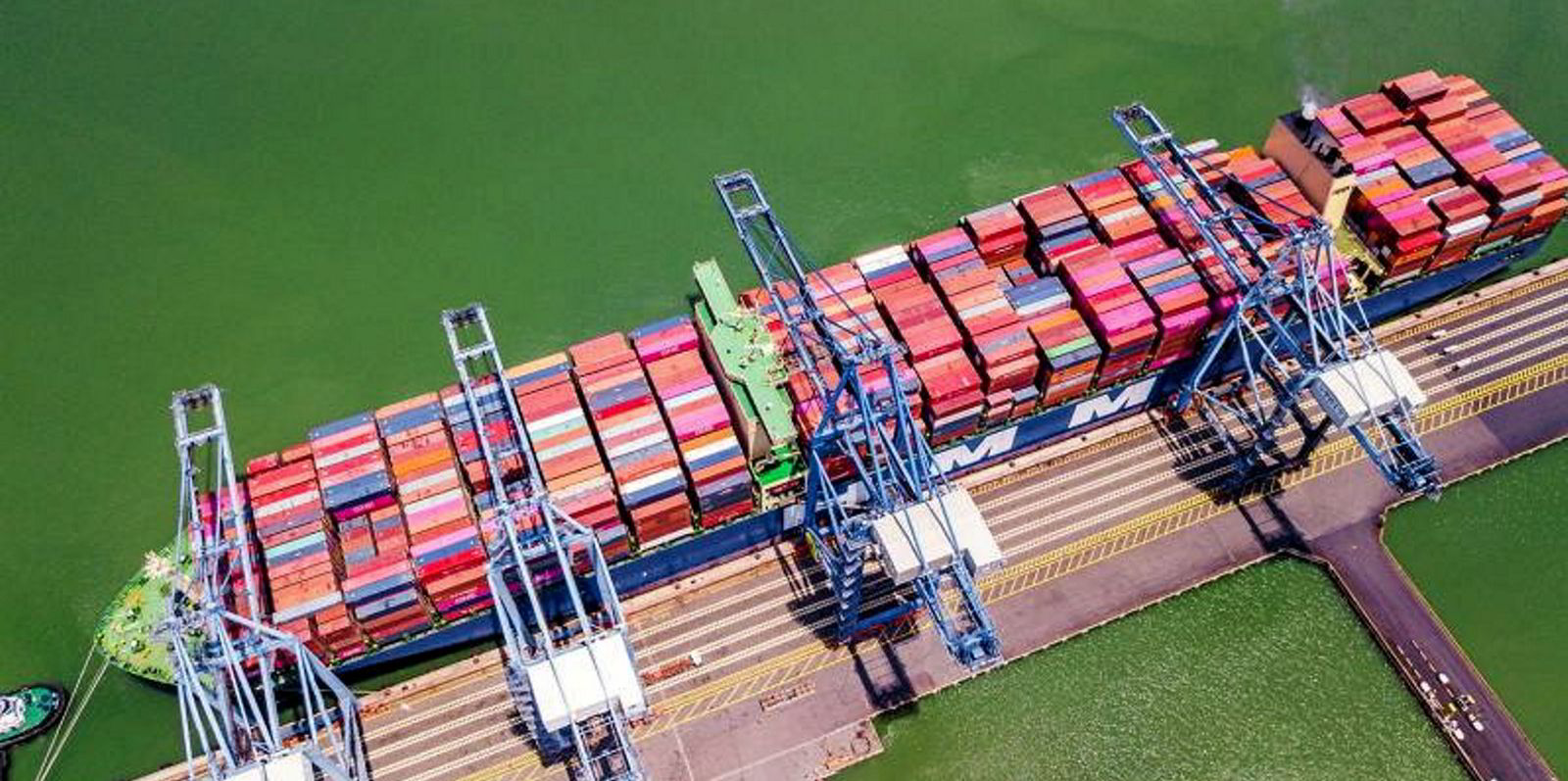Countries across the globe will enjoy better prospects of economic recovery from the Covid-19 pandemic by reducing tariffs or non-tariff trade barriers, according to the International Chamber of Shipping (ICS).
With governments imposing lockdown measures on their populations to tackle the spread of coronavirus, the global economy suffered its worst recession last year since the 1930s.
In a recent study commissioned by the ICS, researchers found that reducing trade protectionism could see national economies expand by up to 3.4%.
High-income countries could see an average increase of 4.5% in their goods' exports if they were to loosen restrictive maritime trade policies, the study concluded.
Developing economies would experience an even greater increase of 7% by cutting restrictions in a “modest and equal” way, the study found.
Esben Poulsson, chairman of the ICS, said: “Removing tariff and non-tariff barriers are quick and easy tools available to policymakers to increase levels of GDP, making this a win-win situation in catalysing economic recovery from Covid-19.

“Countries at all levels of economic development would be better off — and none would be worse off, if even modest reductions were made to the existing barriers.
“To ensure a robust world economy, and to ensure people reap the rewards of more efficient maritime trade, countries should seize the opportunities.”
The ICS admitted many trade restrictions predated the pandemic, with decades of progress towards open markets being reversed in recent years amid tariff wars and stalled talks at the World Trade Organization (WTO).
The study said policies such as overzealous anti-competitive licensing laws, or discriminatory treatment of foreign companies, were found to be up to five times as harmful to an economy as traditional tariffs.
Latvia sits atop
Researchers in the study evaluated the trade policies of 58 economies in various regions based on data from the WTO, OECD, the World Bank and other sources.
Latvia, Hong Kong and the Netherlands were found to have the least restrictive policies among them.
Of major economies, France was ranked in 11th place, Germany in 12th, the UK in 13th, Japan in 18th and the US in 29th.
China was placed 33rd and and India was 35th.
Ralf Nagel, the chairman of the shipping policy committee at the ICS and who also serves as chief executive of the German Shipowners' Association, said: “Identifying the trade-restrictive policies that countries have in place is a sensible first step towards meaningful reform.
“Equally important is to have a clear plan of action to significantly reduce the impact of these policies or remove them altogether, depending on the level of ambition.
“The lower the level of restrictiveness, the greater the degree of GDP gains is likely to be.”
The study was written by Professor Craig VanGrasstek from the Harvard Kennedy School of Government and Ben Shepherd from Developing Trade Consultants.
The ICS will present the findings to the WTO Services Council and a taskforce group of Business 20 — the G20’s forum with the private sector.






